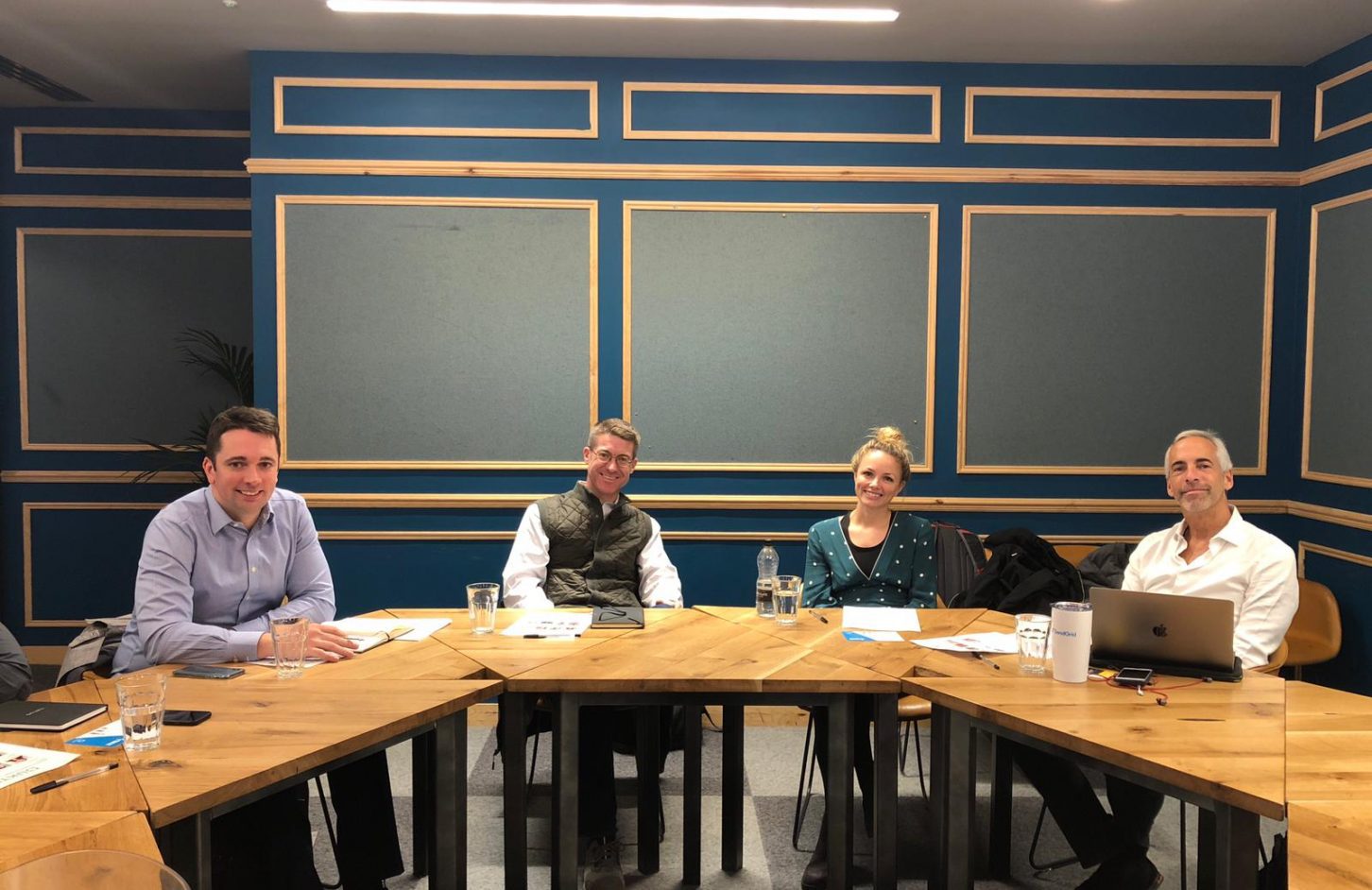The UK is home to millions of SMEs and startups, and although the vast majority of these operate solely on home ground, the international landscape presents a unique set of opportunities for businesses looking to expand overseas. With this in mind, UKTN hosted a roundtable session in association with Kreston Reeves, an accountancy firm specialising in helping companies go global.
Chaired by UKTN editor Yessi Bello Perez, the session featured key industry experts and influencers: Michael O’Brien, Kreston Reeves‘ head of technology and head of North America business; Russ Shaw, founder of Tech London Advocates; Zoe Chambers, an early-stage investor at Octopus Ventures; Daniel Glazer, a partner at Wilson Sonsini Goodrich & Rosati; Daumantas Dvilinskas, CEO of TransferGo; Leonard Austin, CTO and founder of Ravelin; and Michael Altom, general manager of UK and Ireland at Virtuo.
Getting the basics right
Attendees were keen to expand on the topic of company culture and the need to get it right before scaling abroad....

